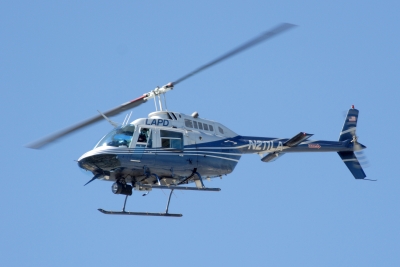
The word ‘helicopter is adapted from the French word helicoptere, coined by Gustave Ponton d’Amecourt, a French inventor who demonstrated a small steam-powered model in 1861. It originates from the Greek helix for “helix, spiral, whirl, convolution” and pteron for “wing”. English language nicknames for helicopter include chopper, copter, helo, heli and whirlybird.
The idea of taking off vertically, making the transition to horizontal flight to the destination, and landing vertically has been for centuries the dream of inventors. It is the most logical form of flight, dispensing as it does with large landing fields located far from city centres and the inevitable intervening modes of travel—automobile, subway, bus—that flight in conventional aircraft usually requires. But vertical flight is also the most demanding challenge in flying, requiring more sophistication in structure, power, and control than conventional fixed-wing aircraft. These difficulties, solved over time by determined engineers and inventors, made the progress of vertical flight seem slow compared to that of conventional flight, for the first useful helicopters did not appear until the early 1940s.
There are now a vast number of helicopter types available on the market, ranging from small two-person private helicopters through large passenger-carrying types to work vehicles capable of carrying huge loads to remote places. All of them respond to the basic principles of flight, but, because of the unique nature of the helicopter’s rotor and control systems, the techniques for flying them differ. There are other types of vertical-lift aircraft, whose controls and techniques are often a blend of the conventional aircraft and the helicopter. They form a small part of the total picture of flight but are of growing importance.
Credit : Britannica
Picture Credit : Google




